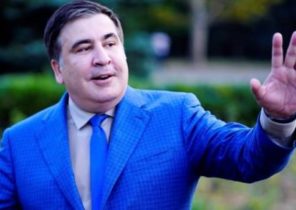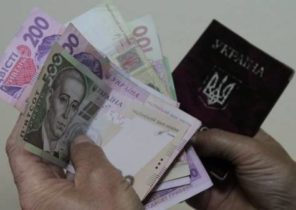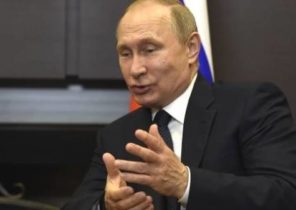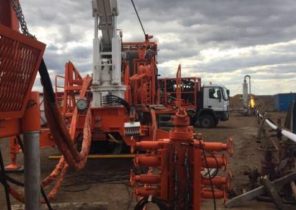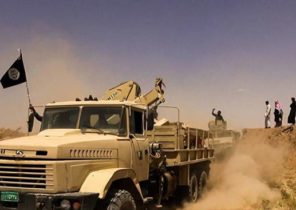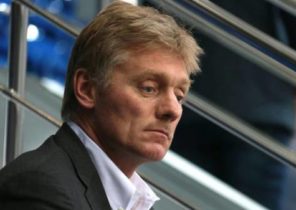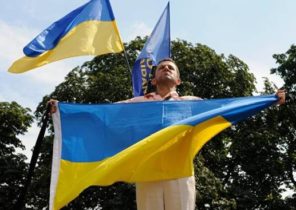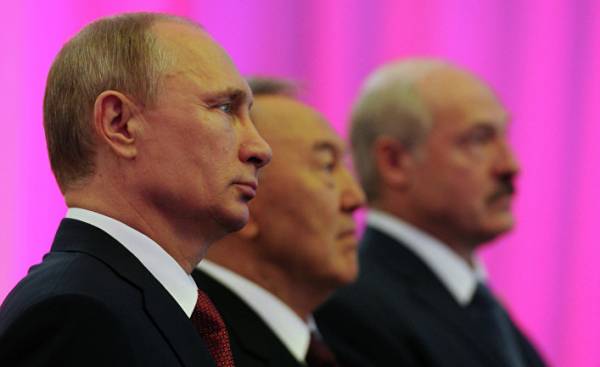
This statement sounded fairly normal. The Minister of foreign Affairs of Russia Sergey Lavrov said last week after meeting in Brussels with EU high representative for foreign Affairs Federica Mogherini (Federica Mogherini) that he is convinced that “relations will be normalized step by step”. This, according to him, responsible “life and non-political interests of both Russia and the EU.” What steps he had in mind, the Minister said. But in Brussels know it.
Russia is committed to relations between the European Union and one of the favorite project of President Vladimir Putin’s Eurasian economic Union (EEU). While Russia supports at least one of the countries-members of EU — Germany.
At the end of 2015, the European Commission President Jean-Claude Juncker (Jean-Claude Juncker), in a letter to the head of the Kremlin Vladimir Putin wrote about the possible cooperation between the EU and the EEU. He asked his people to the Commission to examine the possibility of rapprochement between the EU and the EAEU, then wrote Juncker after the G20 meeting in Antalya. To the Eurasian economic Union are, along with Russia, Kazakhstan, Belarus, Armenia and Kyrgyzstan. The EEU is the same as the EU will have to ensure the free movement of goods and services. In practice, these relationships do not always work between trading partners is constantly disputes. On the summit of the EAEC in January in St. Petersburg, Belarusian President Alexander Lukashenko never showed up. Cooperation with the EU would enhance the value of the EEU, but one of the obstacles is fueled by Russia war in Eastern Ukraine. In his letter to Putin, Juncker wrote that progress in the rapprochement between the EU and the EEU need to “sync” with the implementation of the Minsk agreement.
After this long time almost nothing happened. In June of this year, the head of the Russian division of the international service of the EU Luke Devine (Luc Devigne) met with officials of the EAEC in Moscow, to secure contacts at the working level. However, the European Commissioner for trade Cecilia malmström (Cecilia Malmström) to do with this topic about what to Juncker heard the Berlin foreign Ministry. German diplomats use every opportunity to advocate for cooperation with the EEU, however, meet resistance not only from the European Commission, but also in almost all countries-EU members. Especially Eastern Europeans suspect that the Germans want to keep relations with Russia in their own way, and that we are talking about a gradual normalization of relations with Russia. Juncker himself while was silent, but the Eurasian economic Union was one of the topics of his conversation with Putin at the Hamburg summit. The argument Putin has long known: if the European Union is not ready to cooperate, he said, will be pivoted in the direction of China. Even at an economic forum in St. Petersburg last year, he showed the prospect of creating a huge economic space with this neighbor.
This threat is valid. The growing influence of China in Central Asia is in the Federal government great concern. China wants to “create and enhance long-term dependencies”, — warned the foreign Ministry state Secretary Markus Ederer (Ederer Markus) last week at the meeting of the Eastern Committee of German economy. According to him, the EU needs to be “really interested in the fact that norms and standards in the EEU is focused on European standards, not Chinese”. Ederer can in the near future to give this issue more attention. He will soon go to Moscow as the new Ambassador of the EU.
